Jeremy Grantham: Expect a last hurrah from the markets
The US stock-market rally still has further to go, thinks Jeremy Grantham - but it won't end well.

Get the latest financial news, insights and expert analysis from our award-winning MoneyWeek team, to help you understand what really matters when it comes to your finances.
You are now subscribed
Your newsletter sign-up was successful
Want to add more newsletters?

Twice daily
MoneyWeek
Get the latest financial news, insights and expert analysis from our award-winning MoneyWeek team, to help you understand what really matters when it comes to your finances.

Four times a week
Look After My Bills
Sign up to our free money-saving newsletter, filled with the latest news and expert advice to help you find the best tips and deals for managing your bills. Start saving today!
Jeremy Grantham has done better than most when it comes to the big calls. He warned that the housing bubble of the mid-2000s would burst, and turned positive on stocks in March 2009. The S&P 500 has gained 180% since then, and the upswing has also been unusually long. So is the return of the bear near?
This rally "will end badly", reckons Grantham, but not for some time: the odds are that we are set for "a substantial and quite lengthy last hurrah". The main reason to think so is the US Federal Reserve's serial bubble blowing.
Ever since the Alan Greenspan era, the Fed has made clear that it wouldn't interfere with bubbles, but "would try to reduce the pain of bubbles breaking". Even before that, there was a belief that the authorities would tend to stimulate in the two years before a presidential election.
MoneyWeek
Subscribe to MoneyWeek today and get your first six magazine issues absolutely FREE

Sign up to Money Morning
Don't miss the latest investment and personal finances news, market analysis, plus money-saving tips with our free twice-daily newsletter
Don't miss the latest investment and personal finances news, market analysis, plus money-saving tips with our free twice-daily newsletter
Greenspan slashed interest rates after the 2000 bubble burst, so stock prices hadn't even returned to their long-term trend line before they doubled again in the 2003-2007 rally.
Money printing spurred the latest massive rally after the "Global Financial Crisis and its twin, the Great Bailout". Investors are now so used to the Fed's easy money that US stocks, already 65% overpriced, can keep rising.
Long-term value investors are always outnumbered by "momentum [investment] managers", who just jump on bandwagons. There should be enough belief in the Fed put' to propel the S&P following a possible pause for much of this year beyond 2,250 before the next US presidential election. At that level, the market would be 100% overpriced, a level only exceeded in 2000.
Around the time of the next election or soon after, the bubble will burst, "as bubbles always do". Stocks are then likely to fall to around half of their peak or worse, "depending on what new ammunition the Fed can dig up".
Get the latest financial news, insights and expert analysis from our award-winning MoneyWeek team, to help you understand what really matters when it comes to your finances.

-
 Should you buy an active ETF?
Should you buy an active ETF?ETFs are often mischaracterised as passive products, but they can be a convenient way to add active management to your portfolio
-
 Power up your pension before 5 April – easy ways to save before the tax year end
Power up your pension before 5 April – easy ways to save before the tax year endWith the end of the tax year looming, pension savers currently have a window to review and maximise what’s going into their retirement funds – we look at how
-
 As China reopens, why pick an income strategy?
As China reopens, why pick an income strategy?Advertisement Feature Yoojeong Oh, Investment Manager, abrdn Asian Income Fund Limited
-
 A new dawn for Asian markets?
A new dawn for Asian markets?Advertisement Feature James Thom, Investment Manager, abrdn New Dawn Investment Trust plc
-
 The end of cheap money hits the markets
The end of cheap money hits the marketsNews Markets have swooned as central banks raise interest rates, leaving the era of cheap money behind.
-
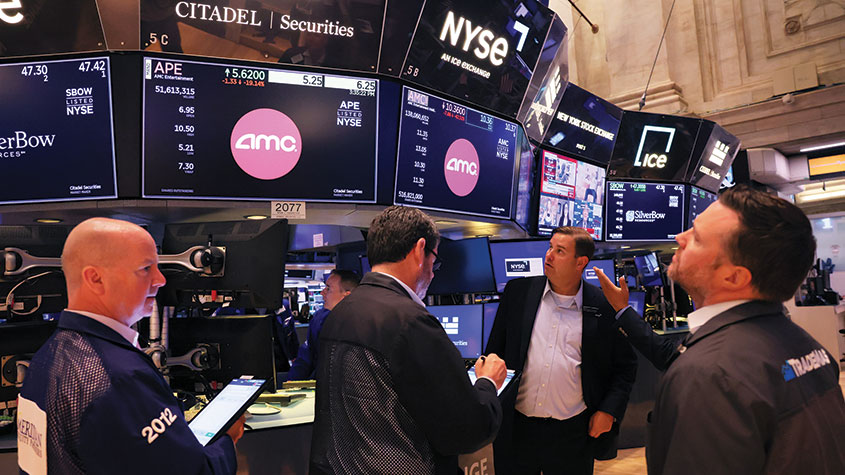 Are stocks back in a bull market or is this just a bear market rally?
Are stocks back in a bull market or is this just a bear market rally?News The S&P 500 index gained 17% between its June lows and 16 August, while the Nasdaq Composite rose more than 20%. So are stocks back in a bull market or is this just a brief rally before they resume their slide?
-
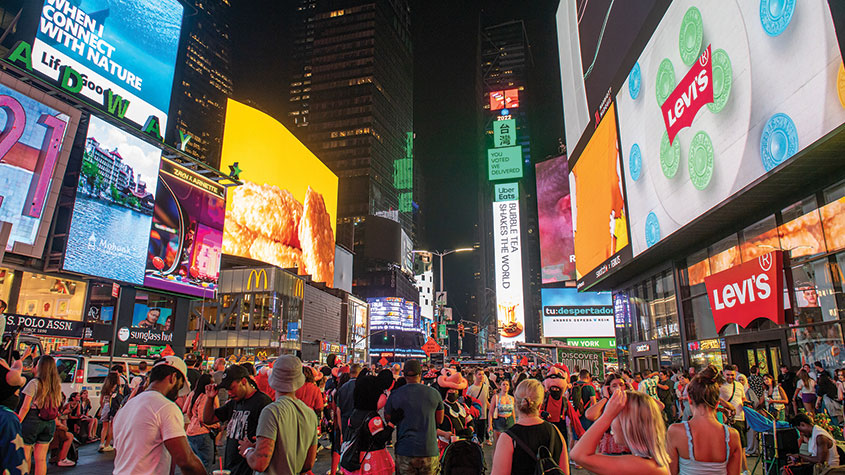 Enjoy the bear market rally while it lasts
Enjoy the bear market rally while it lastsNews Investors seem to think that a weaker US economy will cool inflation and see the Fed relent on interest rate rises. But that optimism may be misplaced, with July’s stockmarket gains looking very much like a bear-market rally.
-
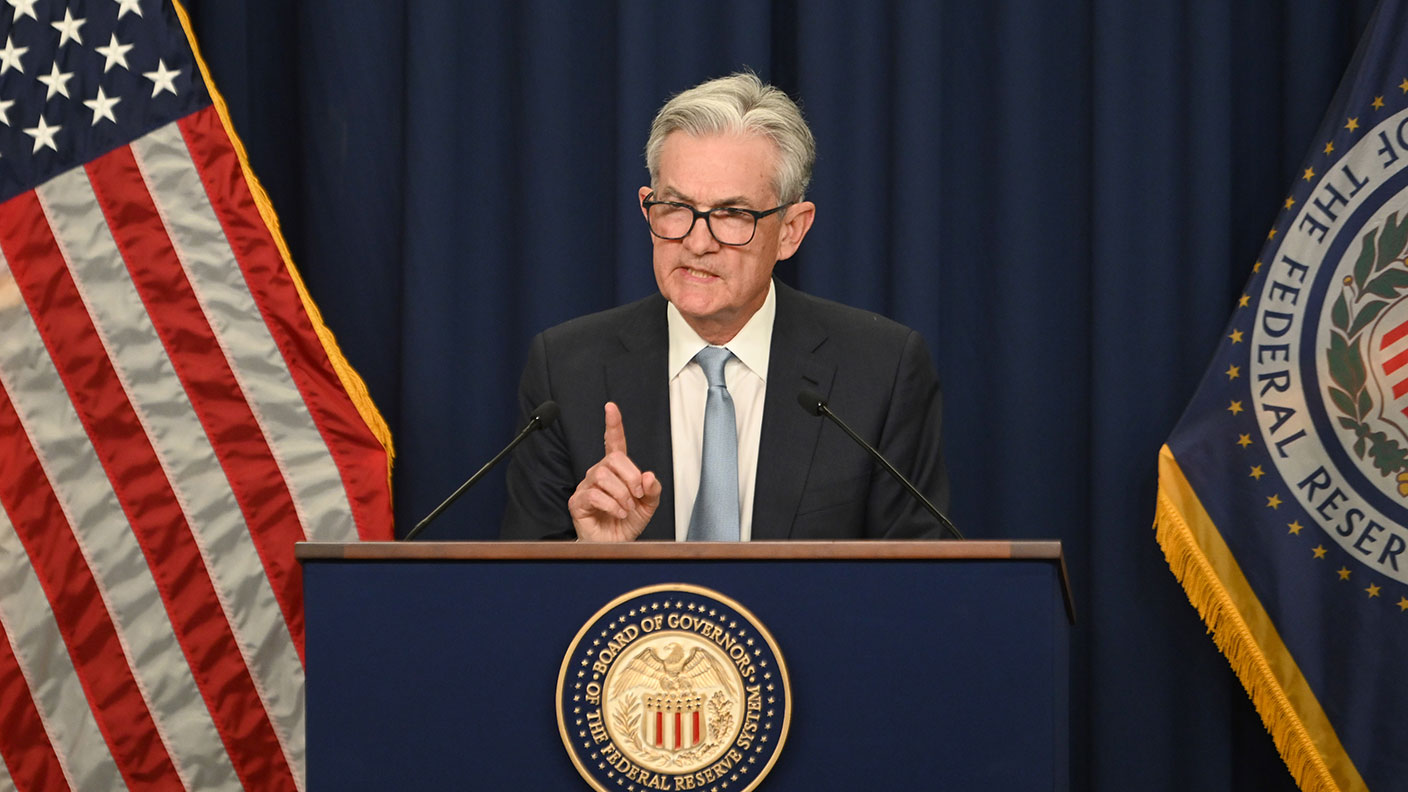 The Fed really is fighting inflation – so don’t expect an early end to the bear market
The Fed really is fighting inflation – so don’t expect an early end to the bear marketAnalysis In an attempt to contain raging inflation, the Federal Reserve has raised US interest rates by 0.75 percentage points. And it’s going to keep on raising them till something breaks, says John Stepek.
-
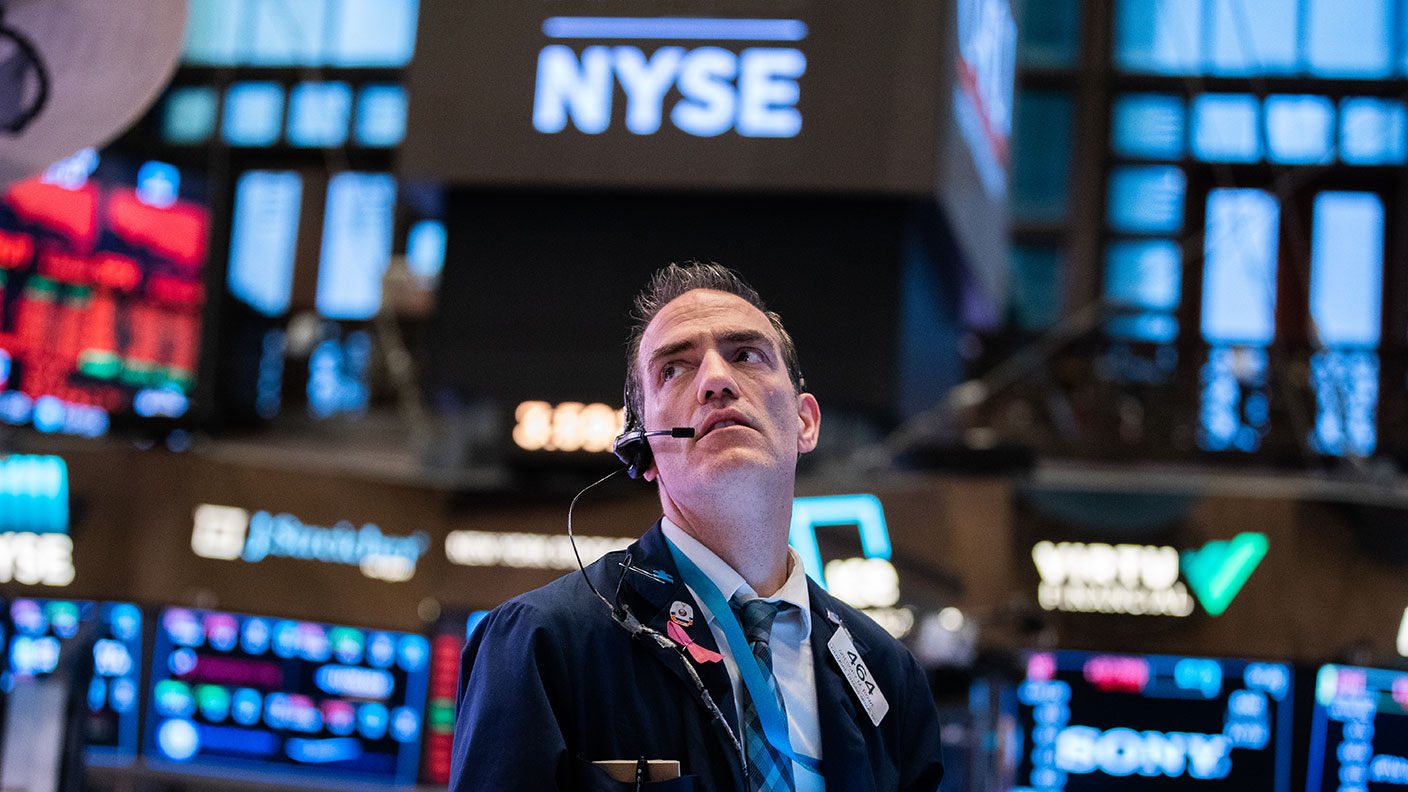 The Federal Reserve wants markets to fall – here’s what that means for investors
The Federal Reserve wants markets to fall – here’s what that means for investorsAnalysis The Federal Reserve’s primary mandate is to keep inflation down, and lower asset prices help with that. So, asks Dominic Frisby – just how low will stockmarkets fall?
-
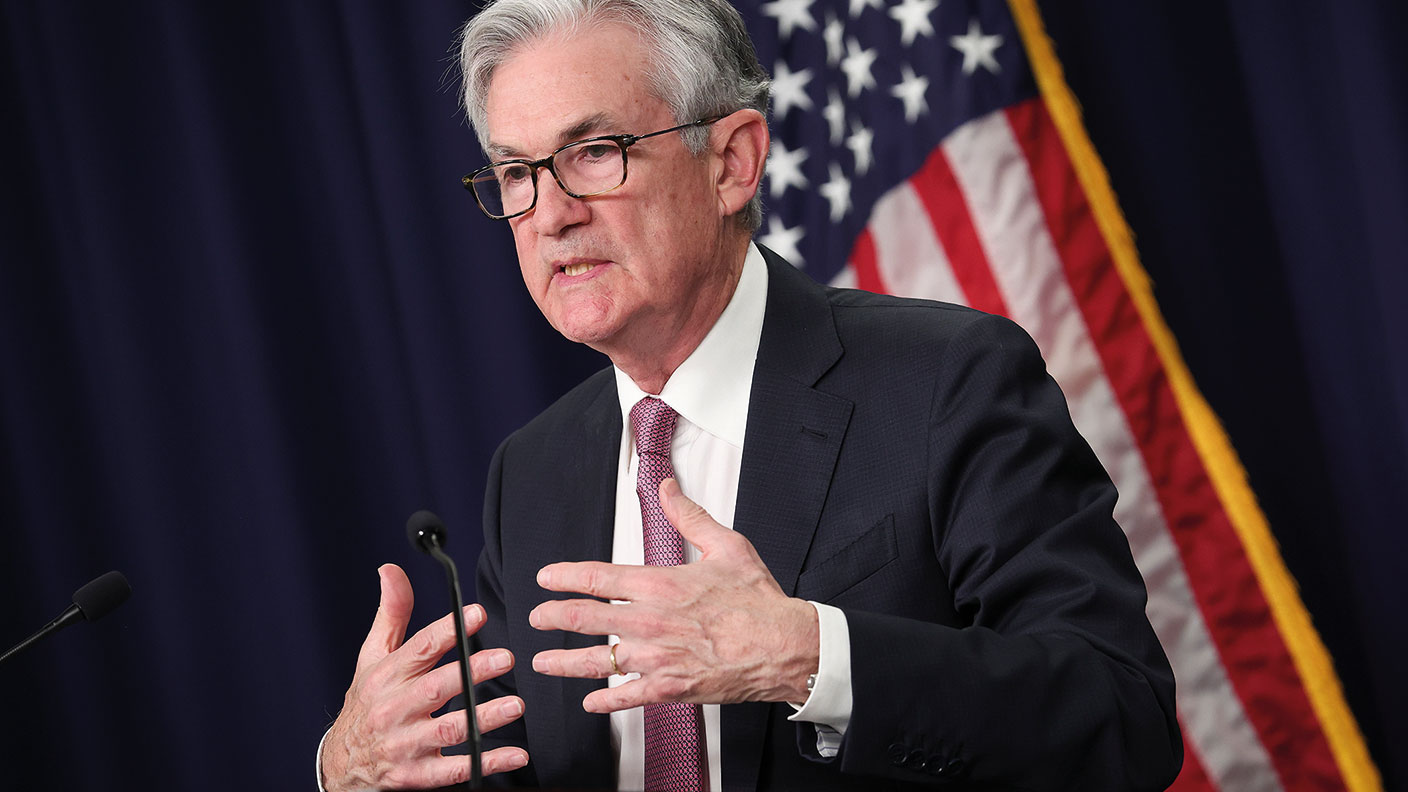 Interest-rate rises mean more pain for stocks
Interest-rate rises mean more pain for stocksNews Interest rates are rising around the world as central banks try to get inflation under control. That’s hitting stockmarkets – and there is more pain to come.